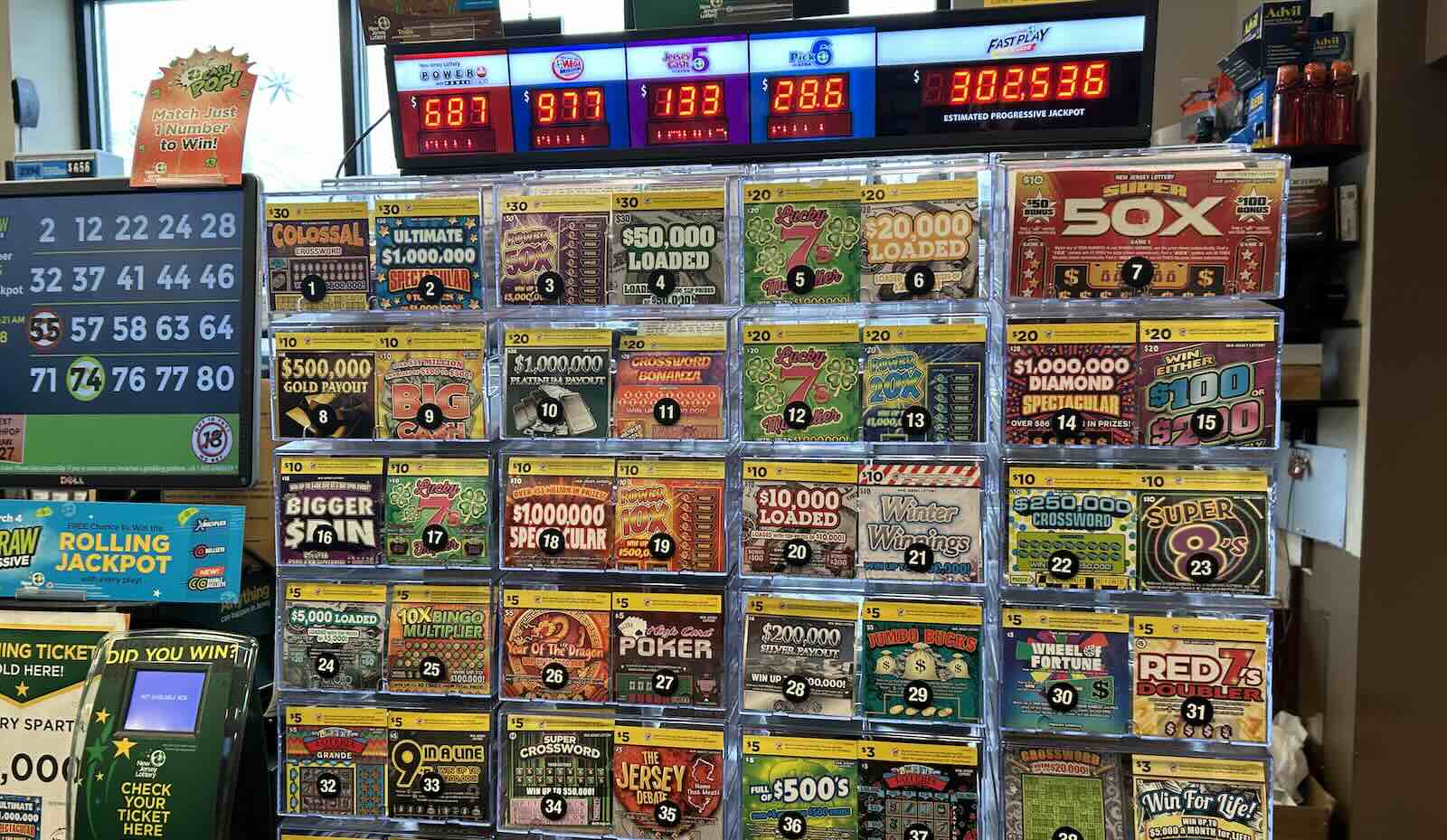A new study published this week by the Siena College Research Institute (SCRI) and St. Bonaventure University’s Jandoli School of Communication revealed that 39% of Americans wager on sports, including 39% of men 18 to 49 years old and 20% of women from the same-aged group.
While lottery participation skews older, there are common threads with the sports betting cohort. Much of the allure of sports wagering, like lottery games and gambling in general, you guessed it, is the prospect of winning money.
According to researchers Don Levy, SCRI’s Director, and Aaron Chimbel, dean of St. Bonaventure’s communications school, “overwhelmingly, online sports bettors say it’s fun and exciting (93%), makes them more interested in watching the games (85%), think they can make money (80%), and that because they signed up with a promotion, the money was free (71%).”
What’s new and what’s older
Levy and Chimbel’s survey of 3,071 U.S. residents found that of the 39% of people who actively bet on sports, 19% have an account with an online sports betting service. Although people outside the 18-49 demographic do wager on sports, it’s evident that the younger and future generations are the target market, as most sports betting services are offered on apps that can be accessed from a person’s smartphone.
A study by Statista in 2021 shows that 95% of people aged 19-49 years old have a cell phone. Meanwhile, only 61% of adults 65 and older own a cell phone, a noticeable drop-off, which may lead to a barrier of entry problem for older generations.
A 2011 paper in the Journal of Gambling Studies thoroughly reviews the available research on lotteries. It concludes that the “poor are still the leading patron of the lottery and even the people who were made to feel poor buy lotteries. The legalization of gambling has seen a significant increase of young people gambling, particularly in lotteries, and the best predictor of their lottery gambling is their parents’ lottery participation.”
In other words, the lottery industry grows through the older generations passing down the vice to the younger generations. In fact, a study done by Yale University in 2012 found that people who got scratch tickets gifted to them when they were children were more likely to develop positive attitudes toward risky gambling practices.
Nevertheless, it’s usually the older crowd driving the ticket sales when it comes to the continuation of lottery consumption throughout the years. That said, younger people playing scratch-off tickets in their youth could lead to being more open-minded about betting on sports when they become of legal age.
Both sides play for the same reasons
Levy and Chimbel found that over 90% of people wager on sports because it’s fun. Contests become more enticing when more than fandom is involved. Every play begins to mean something, even an inconsequential free throw in the closing seconds of a basketball game, or a whimsical shot on goal in hockey.
With the rise of sports betting in North America, all of the major sports leagues have embraced partnerships with sportsbook operators. Even the more niche (and scripted) “sports” like professional wrestling have been pushing state regulators to allow betting on its product. With sports betting helping to drive engagement and viewership numbers, especially with NFL games, leagues will only look to continue integrating betting into their product offerings.
The average sports bettor may see this as their ticket to make a living off betting on sports since they’re being bombarded with advertisements. Levy and Chimbel found in their survey that 80% of people view betting as a way to make money. This finding is on par with why lottery players participate in significant state and federal draws.
A survey done by Play Pennsylvania in 2022 found that 49% of people played the lottery “inconsistently,” but when there was a big draw, participation spikes.
In the same Play Pennsylvania survey, seven out of 10 respondents said they have only won $99 or less in their lottery playing careers. Only 0.09% of people have won a prize of $10,000 or more. The numbers will vary depending on the source, but only 4-11% of sports bettors finish the year with a profit. Although many will resort to delusions of grandeur when faced with the facts, a strong history of academic research and intensive mathematical equations will break the facade.
Problem gambling concerns
With various forms of gambling services being available at the push of a button, it’s much more likely for a person to develop an addiction. Prior studies suggest that gambling addiction is at an all-time high and has the potential to get worse as the industry evolves.
Many watchdogs have complained about excessive amounts of advertising gambling companies were doing in the past, which has led to changes in how sports betting operators, amongst others, can market their offerings in countries like Canada. The recent Siena survey offers a small glimpse into the evolution of problem gambling with the rise of sports betting services in the U.S.
Expanding on the survey’s findings in the summary paper, Levy writes, “Nearly 40% of bettors have felt ashamed about their gambling, or bet more than they should, and one in five have lost money they needed or lied to someone about their betting. Over half have chased a bet, that is, increased the amount they bet in hopes of getting money back after a loss, and 22% have had someone express concern to them about their usage of online sportsbooks. Still, only 9% of bettors have called a problem gambling hotline or sought help.”
What researchers are asking policymakers to do is to increase responsible gambling awareness. North American researchers are explicitly asking for more robust regulation and the implementation of “lower-risk gambling guidelines.”








